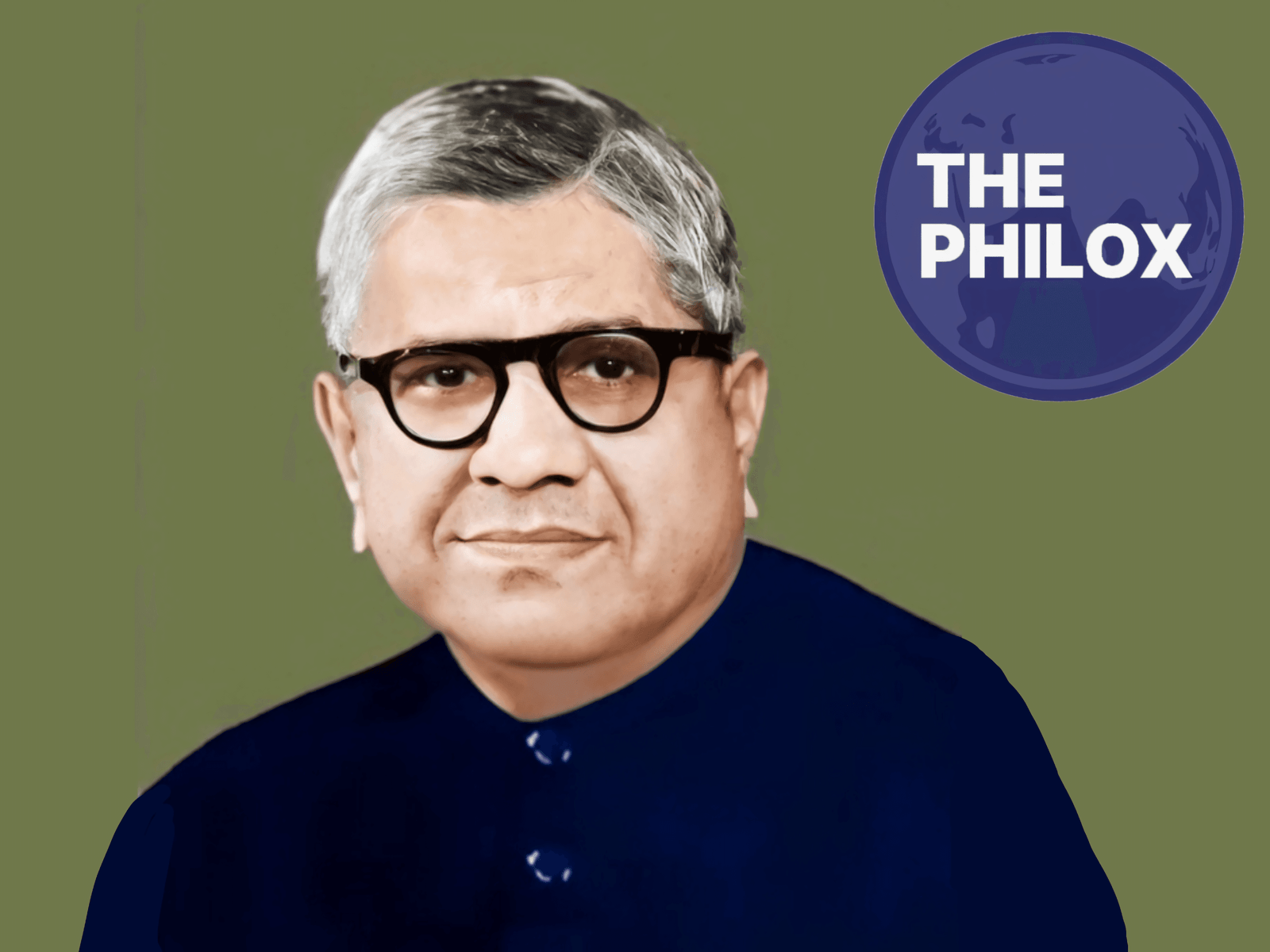Chinese smartphone brand Honor, which at one time drew much attention for affordable, feature-rich handsets, is planning an exit from India.
With its tumultuous rise and subsequent decline, the reasons for failure in India would be too many to list, ranging from competition and strategic errors to a changed market dynamic.
Here is a closer look at why Honor failed in India and why the exit now seems imminent.
1. The Battle of the Extremely Competitive Market
The primary reason for Honor’s failure in India was the extremely competitive smartphone market. India, with its huge and price-sensitive consumer base, has always been a battleground for brands offering smartphones at different price points.
Honor, despite launching phones across various segments, found it challenging to compete against well-established brands like Xiaomi, Samsung, Vivo, Oppo, and Realme. These brands have dominated the market through aggressive marketing, robust distribution networks, and a constant stream of new models that cater to both entry-level and mid-range consumers.
All of this meant that Honor was prevented from breaking into the Indian market through these players’ deeply ingrained positions and aggressive pricing.
Though it made efforts to differentiate itself from the rest through designs and hardware, it couldn’t hold its ground as those who were better funded, had deeper brand loyalty.
2. The Ban Impact on Huawei
The final significant punch in the gut to Honor came when the U.S. government banned its parent company, Huawei. This resulted in the restriction of critical components and software from access by Huawei, mainly because of Google’s services on Android.
Though Honor did its best to disengage itself from Huawei and position itself as an independent brand, the shadow of the Huawei ban was a major overhang on its prospects.
Since without these resources of Huawei and by default without the opportunity to operate its functions to acquire Google Play Services, Honour found itself under significant distress while operating in such a crowded Indian market in which masses of smartphone consumers are depending on these services.
These losses resulted in consumer demotivation as well because Honour was not able to attract new consumers in Indian markets.
3. Problems with Marketing and Distribution
Honor suffered at initial marketing stages. Unlike other brands, it relied heavily on partnerships with telecom operators and did not put enough emphasis on standalone branding and aggressive promotional campaigns.
This strategy did not go well in the market as competitive as India, where marketing and brand visibility are considered paramount. While competitors were always in the limelight through massive ad campaigns and online promotions, Honor’s lack of visibility kept it from building a significant following.
Furthermore, Honor faced distribution challenges, which made it difficult to reach the vast and diverse Indian market.
Effective distribution channels are crucial in India, where customers are spread across tier 1, tier 2, and even tier 3 cities. Other brands like Xiaomi and Realme excelled at this, leveraging both online and offline channels efficiently. Honor, on the other hand, struggled to match this scale.
4. Shift in Consumer Preferences
The Indian smartphone market has experienced a significant change of consumer preferences. While affordability was the main incentive for smartphones in India when they first entered the Indian arena, premium devices have attracted a huge demand nowadays by the users.
Innovation in brands, such as the Apple and OnePlus brand has managed to create niches for them in higher-price markets. Even Samsung benefited from innovation. Honor, which had entered the market as a budget and mid-range player, struggled to make inroads into the premium segment.
Moreover, Honor failed to keep pace with rapidly changing trends such as 5G adoption and camera innovations, which drove away potential customers. In contrast, its competitors would quickly roll out 5G-enabled devices and upgraded camera features. Honor’s offerings were usually perceived to be lagging behind its competitors.
5. COVID-19 Pandemic
The COVID-19 pandemic affected all global economies, and smartphones were not an exception. The lockdown in the country and overall decrease in consumer spending put Honor further back in India.
The disruption of supply chains during the pandemic also left Honor in a tough situation, making it hard for the brand to maintain continuity in their product offerings. Other brands adapted faster to the new normal, making Honor lose its ground in India.
6. Regulatory and Strategic Shifts
Honour has been planning to make a comeback in India over the past couple of years, especially in conjunction with its PLI scheme where the Indian government offers incentives for increased domestic production of mobile devices.
Still, these attempts did not succeed to recover from the pitfalls it experienced previously. Even though there were strategic collaborations and launches, the expectations from such activities were not met.
Honor’s decision to exit India was formally confirmed by its CEO in 2022. The company’s exit was likely influenced by its inability to secure a strong position amidst intense competition, as well as the uncooperative market conditions exacerbated by global political tensions and the pandemic.
7. The Aftermath: Support for Existing Users
Honour has promised its consumers that they will still support after sales on all the devices sold in India. This comes as an added relief to all the people who have purchased the honor phones recently since they won’t be abandoned by services.
To new customers buying the products, however, it is highly advised that they should desist because the company is gradually stopping operations.
Honor’s exit from the Indian market marks the end of a challenging chapter for the brand. Despite its initial success in China and some initial traction in India, the brand’s struggle with fierce competition, marketing missteps, and the global fallout from its parent company Huawei’s troubles left it with little chance to succeed.
As Honor wraps up operations in India, the smartphone market remains competitive with a brand’s departure and is a testament to how challenging it is for a foreign smartphone manufacturer to remain in the market in a very dynamic environment.




